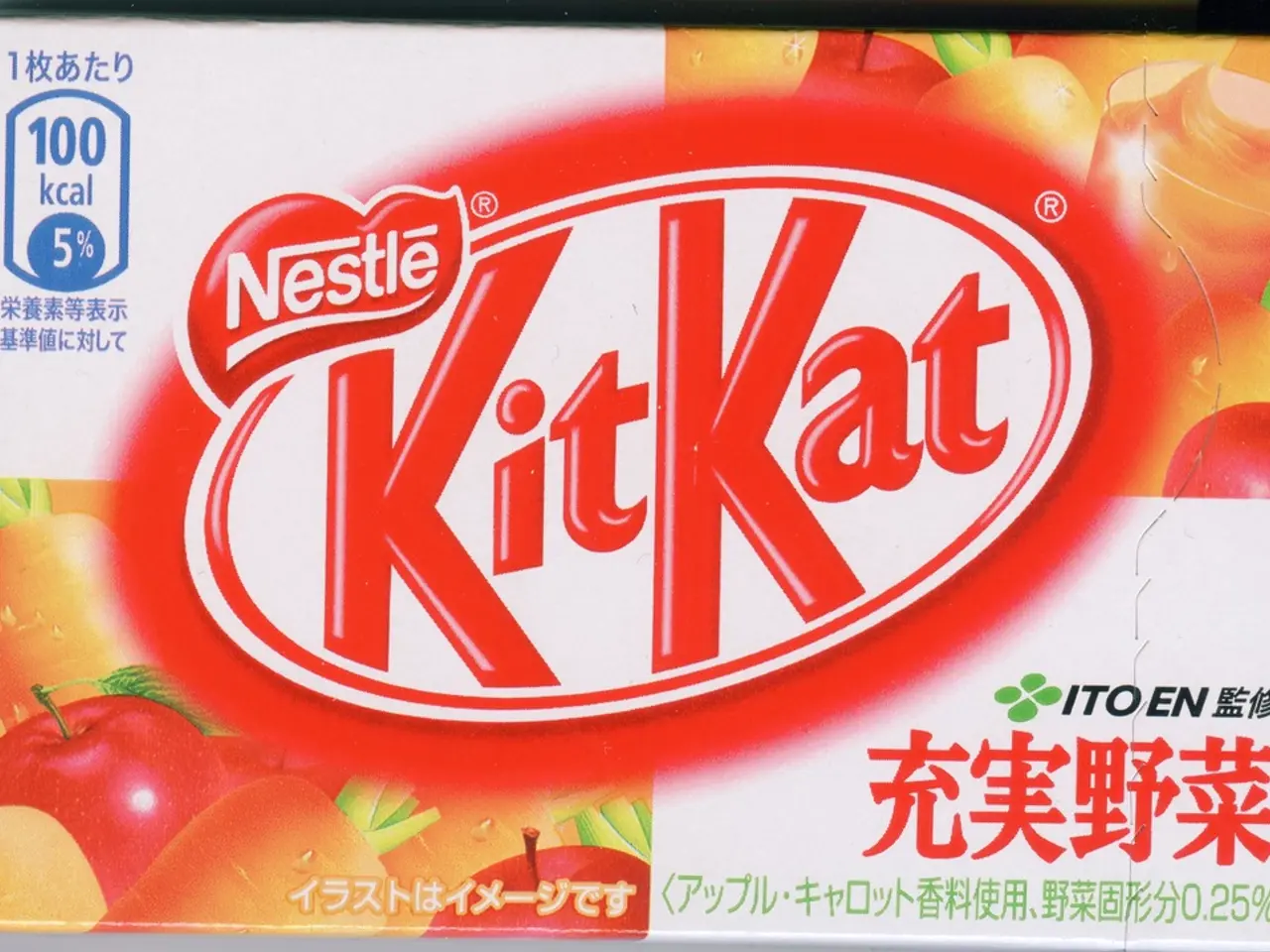Assessing Diet Plans with Calorie Restrictions for the Elderly
In the quest for a healthier lifestyle, many seniors are considering calorie-controlled diets to help manage their weight. Here's an evidence-based overview of some popular diets, highlighting their potential benefits and considerations for older adults.
Calorie restriction and weight loss diets, such as Mediterranean-style diets and intermittent fasting, have shown promising results in reducing body weight, fat mass, and improving cardiometabolic health in middle-aged and older populations[1][2][3]. These diets can also help counteract age-related changes in body composition, such as reductions in fat mass while preserving lean body mass[1].
Commercial plans like Jenny Craig and Nutrisystem, and named plans such as Dieting with the Duchess, 90/10 Weight-Loss Plan, The Okinawa Program, The Richard Simmons Diet, or Dr. Shapiro’s Picture Perfect Weight Loss Diet, emphasize calorie control, portion management, and balanced nutrition. While specific peer-reviewed safety and efficacy data for seniors are not detailed in the search results, these diets can be effective if adhered to, but individual results and safety can vary.
It's essential to note that support groups like Overeaters Anonymous focus on behavioral and psychological aspects of eating rather than specific calorie counting. These groups can be supportive for some seniors, but they are not primarily weight-loss diets but rather tools for managing eating habits.
When choosing a calorie-control diet, seniors may find it challenging to determine which diets are safe and which ones could potentially be harmful to their health. Consulting healthcare professionals is recommended before starting any new diet plan for older adults to ensure individual health needs are met.
In summary, calorie-control diets can be safe and effective for seniors when well-structured, emphasizing nutrient adequacy and lean mass preservation. The relative safety and effectiveness of the specific named diets require more targeted clinical research in senior populations. With the right guidance and support, seniors can make informed decisions about their weight management journey.
[1] de la Hunty, A. R., et al. (2015). Effect of dietary protein and weight loss on lean mass and muscle strength in older people: a systematic review and meta-analysis of randomised controlled trials. BMJ, 351, h3976.
[2] Pratt, M., et al. (2015). Mediterranean diet and cognitive function: a systematic review. Age and Ageing, 44(6), 635-641.
[3] Varady, K. A., et al. (2017). Short-term modified alternate-day fasting: a novel dietary strategy for weight loss and cardioprotection in obese adults. Nutrition Journal, 16(1), 1.
[4] Phillips, S. M., et al. (2015). Dietary protein and skeletal muscle. Journal of Physiology, 593(11), 2225-2234.
- The Mediterranean-style diet and intermittent fasting, implemented as calorie-restriction and weight loss diets, show potential in improving cardiometabolic health and counteracting age-related changes in body composition for older adults.
- Commercial weight-management programs like Jenny Craig and Nutrisystem, as well as named plans such as The 90/10 Weight-Loss Plan, can be effective for seniors if adhered to, but individual results and safety may vary.
- Support groups, such as Overeaters Anonymous, focus on behavioral and psychological aspects of eating rather than specific calorie counting, serving as tools for managing eating habits instead of weight-loss diets for seniors.
- When selecting a calorie-control diet, older adults should consult healthcare professionals to ensure their individual health needs are met, as some diets may potentially be harmful to their health.




